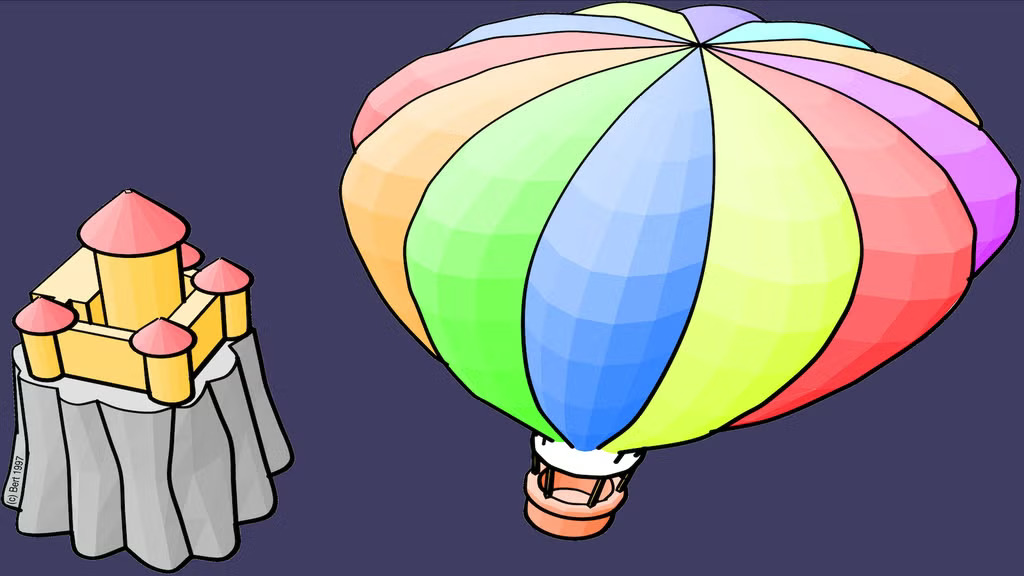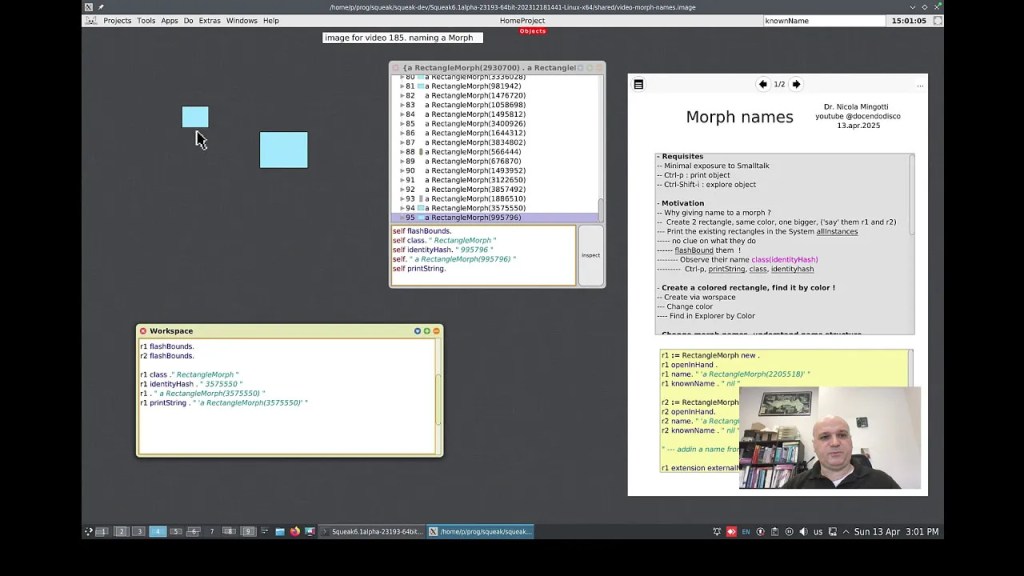-
Happy 29th Birthday to Squeak!
This month marks 29 years since the birth of Squeak Smalltalk. That is nearly three decades of exploration, invention, and collaboration – all made possible by the ambition and generosity of those who have shaped Squeak over the years. On this occasion, it is fitting to pause and give thanks: Each contribution, whether large or…
-
Upcoming Smalltalks 2025 conference at Facultad de Ingeniería, UBA
The Smalltalks 2025 conference is coming soon! The conference will take place from November 5 to 7, 2025, at the Facultad de Ingeniería, Universidad de Buenos Aires (UBA). When & Where Registration & Call for Talks Registration for the event is now open (here), and participants are encouraged to secure their spot early. In addition,…
-
Announcing the Multicast Project for Squeak
Tony Garnock-Jones recently announced on the Squeak Developers mailing list (here) a new contribution to the Squeak community: Multicast, a project that brings UDP multicast socket support to Squeak. The project has been published on SqueakSource (here), where you can obtain the code and experiment with it directly. Tony also provided the file-in code with his…
-
California Smalltalkers Meeting on Aug. 13: Craig Latta to Present His Work with Catalyst, a WASM-Based Smalltalk VM
The California Smalltalkers meeting on August 13 at 7:00 p.m. PDT will feature a presentation by Craig Latta on his recent work with Catalyst, a WebAssembly GC (WASM GC) implementation of the Open Smalltalk virtual machine. Latta will share surprising results from experiments using AI models to dynamically translate Smalltalk methods into WASM functions. The…
-
Naming and Referencing Morphs in Squeak/Smalltalk
Dr. Nicola Mingotti has released a new in-depth tutorial video that explores how to identify and name Morphs in the Squeak/Smalltalk environment. If you have ever wondered how to refer to a specific Morph – for example, how to say “make that Morph yellow” – this video walks you through several effective techniques. Throughout the video,…
Aaron E. Walsh Avi Bryant Bert Freudenberg Bill Kerr Craig Latta Dan Ingalls debug Development Education ESUG ESUG2010 ESUG Innovation Technology Awards Etoys give 1 get 1 GSoc08 GSoC2010 HPI Immersive Education Industry Misinterpretations intel iPhone James Robertson JavaScript learning linux Lively kernel Morphic Newspeak programming Qwaq raspberry pi review Scratch Seaside Smalltalk Squeak SqueakFest Stéphane DUCASSE teaching technology Tutorials Video videos Viewpoints Web Development





